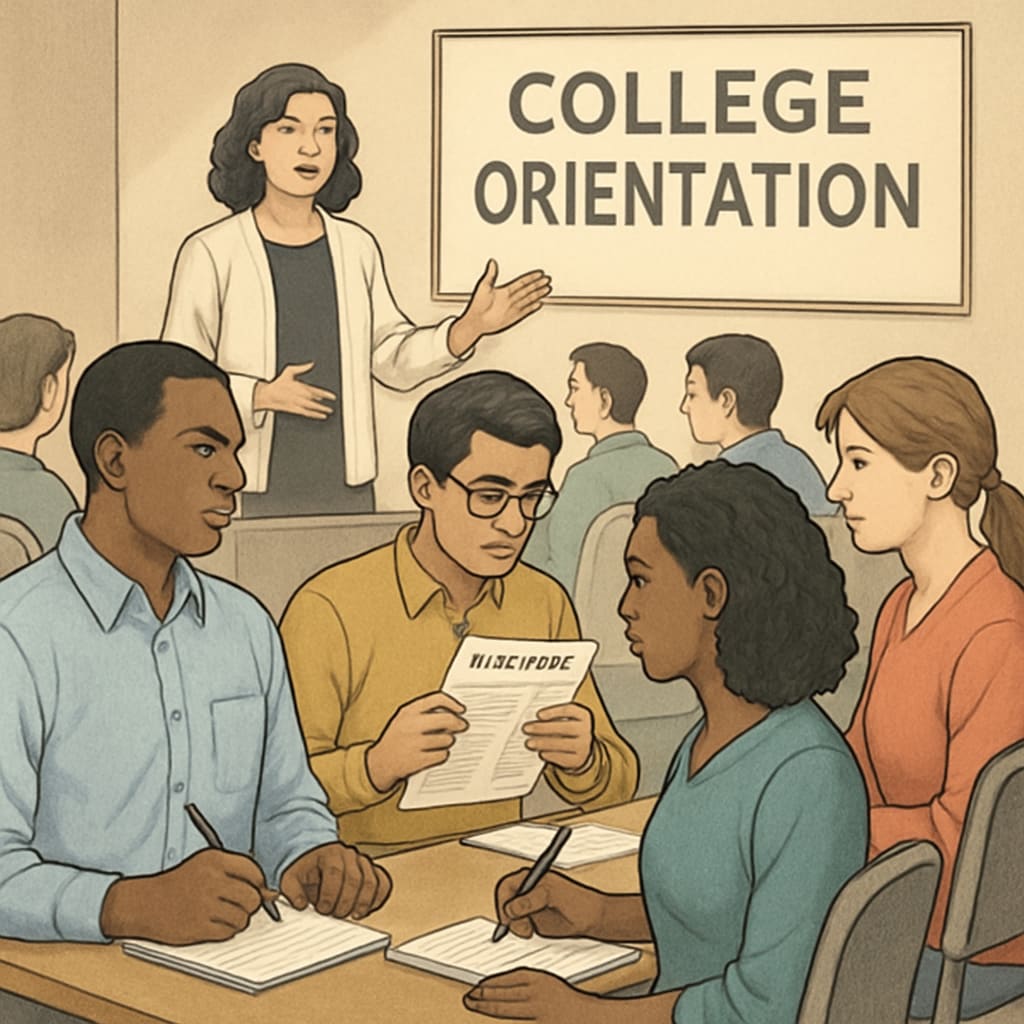For those who acquired a GED (General Educational Development) certificate instead of a traditional high school diploma, the path to higher education may seem uncertain. However, pursuing college is entirely feasible and can lead to exciting opportunities. This article discusses the recognition of the GED certificate, effective strategies for college applications, and inspiring success stories of GED graduates. Whether you are restarting your academic journey or considering new career possibilities, adult education through college is a promising option.
How is the GED Recognized in Higher Education?
The GED is widely accepted as an equivalent to a high school diploma in the United States and many other countries. Most colleges, universities, and trade schools recognize the GED as fulfilling the basic educational requirement for admission. According to the GED Wikipedia page, over 97% of colleges and employers in the U.S. view the GED as equivalent to a high school diploma.
While prestigious universities may have additional requirements, such as standardized test scores or extracurricular achievements, holding a GED does not inherently limit your options. Many institutions value life experience, work history, and personal determination, which are often hallmarks of GED earners.

Key Strategies for GED Holders Applying to College
While the admissions process for GED holders is similar to that of traditional high school graduates, there are unique strategies that can enhance your application:
- Research schools: Some colleges actively encourage GED applicants and provide tailored resources. Look for institutions that emphasize non-traditional student support.
- Prepare for standardized tests: Scores from the SAT or ACT can help demonstrate academic readiness, especially if your GED scores are average.
- Build a strong personal statement: Share your journey and the challenges you overcame. Highlight your motivation and how education fits into your future goals.
- Explore financial aid: Many GED holders qualify for federal financial aid, scholarships, and grants. Websites like Federal Student Aid can guide you through the application process.
Additionally, consider starting at a community college. These institutions often have open admissions policies and strong transfer agreements with four-year universities.

Inspirational Stories: GED Graduates Who Succeeded
Many GED holders have gone on to achieve remarkable success in higher education and their careers. For example, Dave Thomas, the founder of Wendy’s, earned his GED later in life and became a vocal advocate for education. Similarly, Christina Applegate, an Emmy-winning actress, also holds a GED and continues to inspire others with her achievements.
These success stories highlight that the GED is not a limitation but a stepping stone. By taking that first step toward earning a GED, you demonstrate resilience and a commitment to self-improvement—qualities that colleges and employers value highly.
For more inspiring stories and resources, visit the GED section on Britannica.
In conclusion, pursuing higher education as a GED certificate holder is not only feasible but can be life-changing. By understanding how the GED is recognized, developing strong application strategies, and drawing inspiration from others, you can turn your college dreams into reality. Remember, the GED is not the end of your educational journey—it’s a powerful new beginning.


